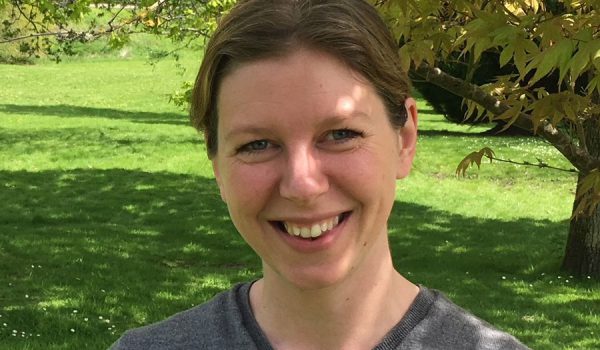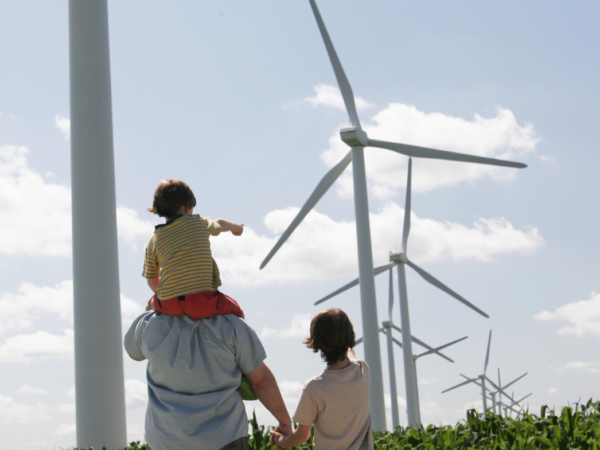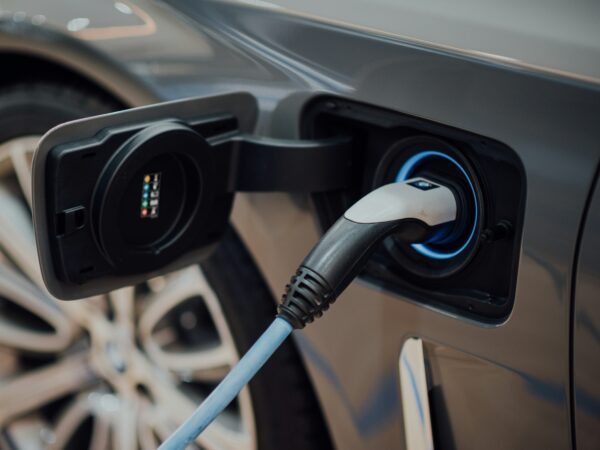Project duration: January 2020 to June 2020
The Net Zero South Wales 2050 innovation project has been undertaken as a partnership between Regen, Western Power Distribution (WPD) and Wales and West Utilities with funding from the Network Innovation Allowance programme.
This innovation project was about bringing two networks together, developing insights and value from an integrated approach to gas and electricity scenario planning and exploring an increasingly flexible and cross-vector system. It is clear that as a result of net zero the different energy vectors (power, heat and transport) will need to become more integrated, co-dependent and joined-up in their operation and long-term planning.
Regen has been working since 2015 on a Distribution Future Energy Scenarios (DFES) methodology that creates bottom-up, stakeholder led, locally relevant decarbonisation pathways for licence areas and regions. See https://www.regen.co.uk/area/distribution-future-energy-scenarios/
The main objective of the project was to develop a new methodology for conducting cross-vector scenario forecasting at a regional level, merging two pre-existing studies for gas and electricity, and to provide insights into how South Wales might transition to a net zero future under three net zero scenario pathways: High Electrification, Core Hydrogen and High Hydrogen along with a hybrid heat sensitivity.
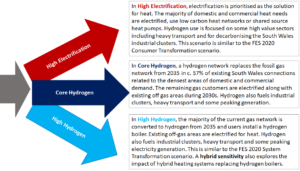
The outputs from the report included a dataset, a companion report and a learning report which also contained recommendations for further study. Please contact WPD and WWU directly for access to the datasets.
Some key insights and learnings are outlined below:
Imperative of agreeing local pathways for heat decarbonisation
Carbon emissions from heat decline at different times in the different scenarios and there is a significant range in the scenarios around how electricity or hydrogen might be used for heat.
Although it is valuable to understand this range, for investment in networks and decarbonisation more certainty is needed.
This certainty is likely to come from both a clear national heat strategy coupled with local decision making. Any process would need to be thorough, transparent, and consultative, involving both gas and electricity networks. The sooner these decisions about heat pathways are made the better, for carbon and cost, for networks, people, and the whole energy system.
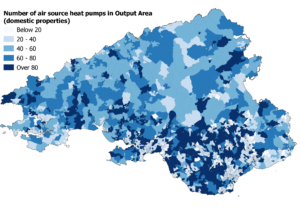
Understanding how demand and generation behaviour might shift
The analysis also looked a simulated day in 2035 and 2050 to understand how the pathways might impact daily typical demand. This found that by 2050, winter day electricity demand doubles in High Electrification, though High Hydrogen has highest total energy demand across both networks.
However in conducting the simulated seasonal day modelling, we established that applying generic profiles developed in 2019 are likely not reflective of the way dispatchable or flexible sources of distributed demand and supply will operate and interact with the network in 2035 or 2050. We recommend that more work is needed to understand and model what these shifts could look like.
Interaction between distribution and transmission in net zero
The project focused on distribution level however we found that although there was increasing level of distributed supply in both gas and electricity, a significant role remained for the transmission system. For example distributed hydrogen production via electrolysis is likely to meet only a proportion of hydrogen demand. Further supply will require a strategy for large-scale hydrogen production, storage and transmission in South Wales.
Similarly electricity demand and supply variance increases in both summer and winter, in all scenarios which highlighted that both local and national balancing is likely to be increasingly important.
View the project reports online here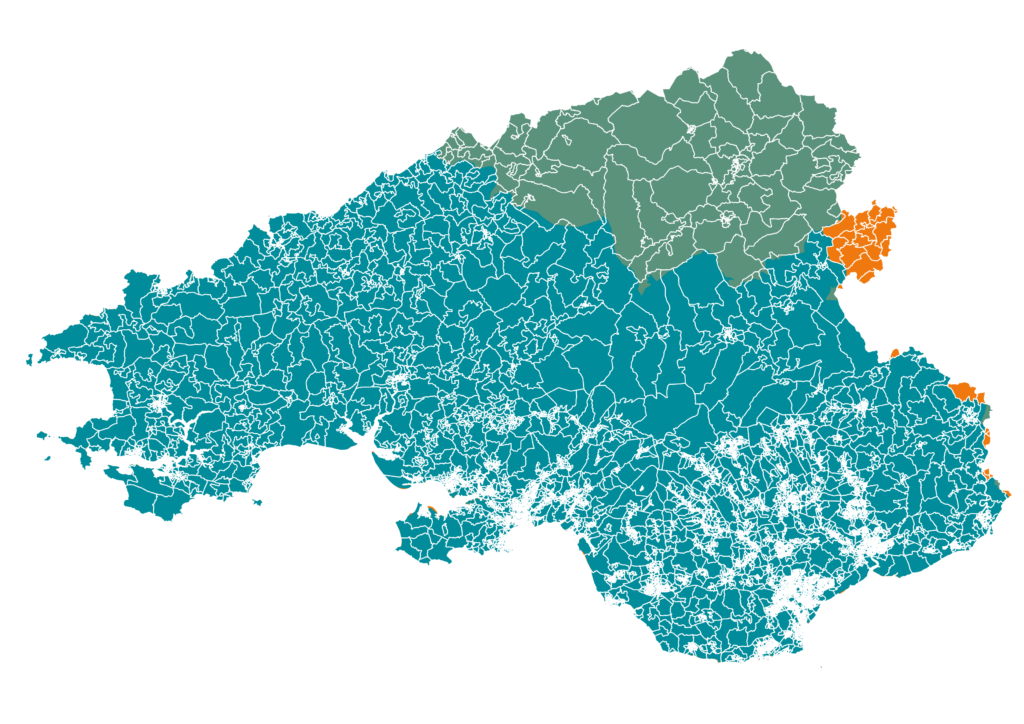
To find out more about this project, contact Poppy Maltby at pmaltby@regen.co.uk and you can also watch the webinar about the project on the events page here.



